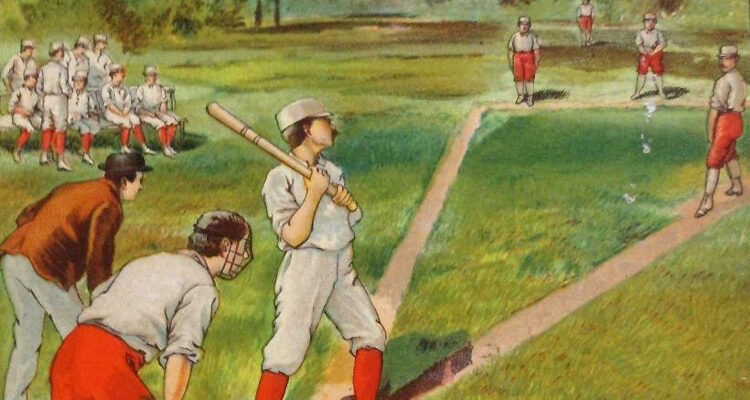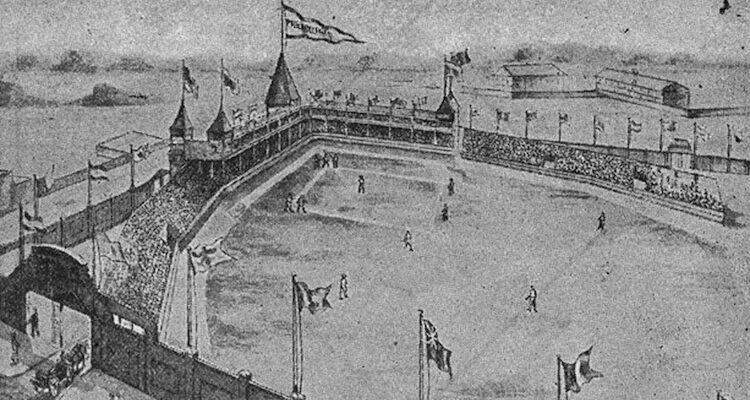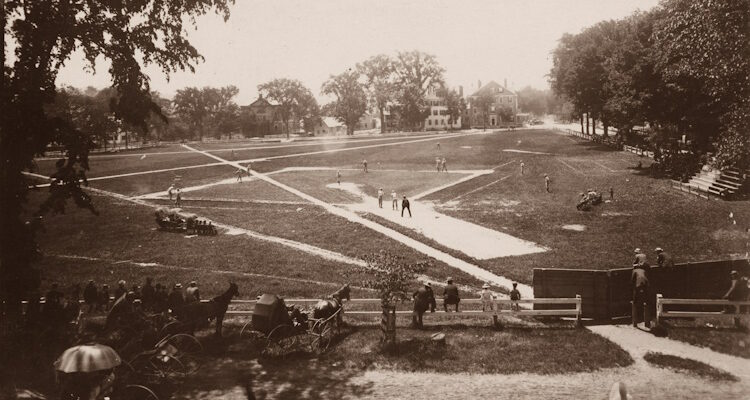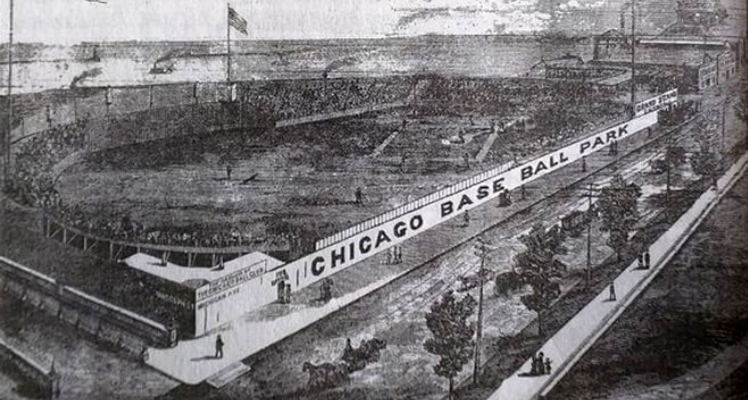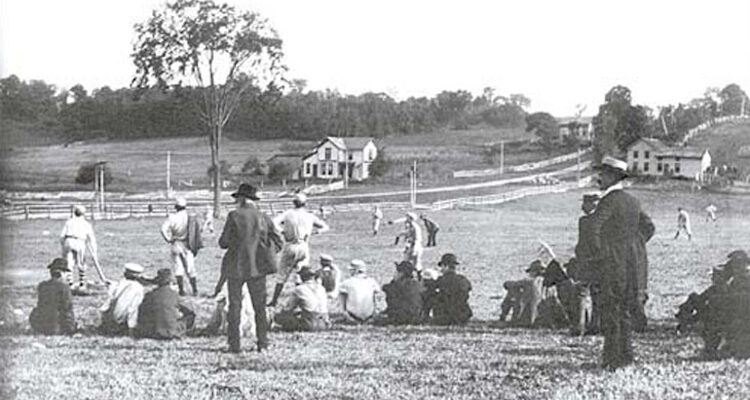The 1885 baseball season featured intense competition, culminating in a disputed championship series between the Chicago White Stockings and the St. Louis Browns, with both teams claiming victory. The season also saw significant rule changes, including the lengthening of the pitching distance and the shift to overhand pitching. Standout performances, architectural advancements, and escalating tensions between players and management highlighted a pivotal year in baseball’s evolution.
1884
The 1884 baseball season featured the creation of a third major league, the Union Association, and Charles “Old Hoss” Radbourn’s record 59 game wins. The New York Metropolitans and St. Louis Maroons triumphed in their leagues, while Moses Fleetwood Walker and Welday Walker broke the color barrier. Technological advancements like the chronograph symbolized a growing analytical approach, but tensions between players and owners continued.
1883
The 1883 baseball season saw the Boston Beaneaters and Philadelphia Athletics win their respective league championships, dethroning previous champions. Charles Radbourn’s 48 game victories were a highlight. The opening of the Polo Grounds symbolized the sport’s growing popularity, while the introduction of the “Black Ink Test” statistic marked an early analytical approach. Ongoing tensions between players and owners over salary and reserve clauses hinted at future labor struggles.
1882
The 1882 baseball season marked a turning point with the launch of the American Association, rivaling the National League and aiming to attract the working class. The Chicago White Stockings won their third consecutive National League pennant, while the St. Louis Browns began their dominance in the American Association. Rule changes, strategic play, labor tensions, and increased popularity characterized this significant year in baseball history.
1881
The 1881 baseball season saw the Chicago White Stockings defend their National League pennant, while off the field, labor discontent led to the formation of the Players’ League. The creation of the American Association introduced competition to the National League. Significant individual achievements, rule changes, and ongoing labor issues marked a transformative period in baseball, shaping the business, culture, and gameplay in the late 19th century.
1880
The 1880 baseball season saw the Chicago White Stockings win the National League pennant with star pitcher Larry Corcoran’s achievements. The year marked the first allowance of overhand pitching, changing the game dynamics, and notable statistical accomplishments, including the first perfect game in MLB history by Lee Richmond. Off-field tensions between players and owners escalated, reflecting the growth, evolution, and emerging complexities of the sport.

